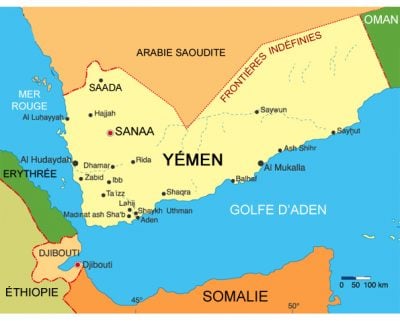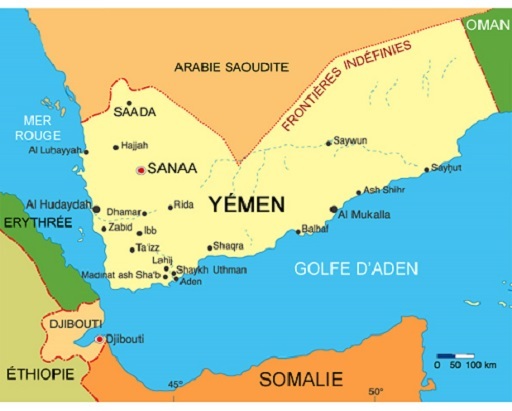The Red Sea and False Flags? Yemen’s Ansar Allah Movement Launches a Barrage of Missiles against Israel

All Global Research articles can be read in 51 languages by activating the “Translate Website” drop down menu on the top banner of our home page (Desktop version).
Visit and follow us on Instagram at @crg_globalresearch.
***
Since the launch of Al-Aqsa Flood on the 7th of October and the subsequent Israeli onslaught on the beleaguered Gaza Strip, what has perhaps been most notable is the response of Yemen to the ongoing slaughter.
On the 31st of October, Yemen’s Ansar Allah movement launched a barrage of missiles towards the southern Israeli settlement of Eilat, with the group formally declaring the launch of a military operation in defence of Palestine shortly afterwards.
In the following weeks, this military operation would expand to include further strikes against Israeli targets, and would culminate in the closure of the strategic Bab al-Mandab Strait to all ships destined for Israel, with the group announcing that any vessel defying this order would become a target.
In response, a number of global shipping giants announced that they would no longer be travelling through the Red Sea en route to Israel, and would be taking a far more costly route around Africa instead. A highly-impactful military operation by Ansar Allah it would seem, and one that’s all the more significant considering that like Gaza, Yemen itself has been subjected to an almost nine-year long genocidal war and blockade.
In March 2015, following Ansar Allah’s seizure of the capital Sana’a, neighbouring Saudi Arabia would launch an air campaign in a bid to restore their favoured Presidential candidate, Abdrabbuh Mansur Hadi, to power.
Targeting mainly Yemen’s agricultural sector with US and British-supplied bombs, this air campaign would lead to widespread starvation and famine in what is already the poorest country in the Arab world. The subsequent collapse of Yemen’s health, water and sanitation infrastructure, would lead to the largest Cholera outbreak in recorded history, a situation exacerbated even further by a Saudi blockade preventing food and medical supplies from entering the country. A situation that bears a grim similarity to the Israeli blockade imposed on Gaza in response to Al-Aqsa Flood.
Thus, for Yemen to engage in a military operation on behalf of Gaza, in spite of the horrors that they themselves have faced, is an undeniably admirable stance.
It also increases the likelihood that a direct US military intervention in Yemen, appears increasingly imminent.
On Saturday, a report by the website The War Zone outlined how US Defence Secretary Lloyd Austin would announce the launch of Operation Prosperity Guardian on a visit to west Asia next week, an initiative intended to militarily counter Ansar Allah’s ongoing operations in the Red Sea. A subsequent report by POLITICO also detailed how White House officials had mulled over options on military strikes against Ansar Allah, having being previously reluctant to do so out of possible escalations with Iran.
The possibility of a deliberately-staged provocation, intended to precipitate a US military response in Yemen, now appears increasingly likely. Indeed, similar occurrences have a historical precedent.
In 1915, amidst the first World War, Germany had announced that all ships travelling to Britain would be attacked, placing advertisements in US newspapers to inform would-be travellers of this situation, with Washington having been a neutral party in the conflict at this stage.
On the 7th of May however, the British ocean liner Lusitania, sailing from New York to Liverpool, would be torpedoed by a German submarine off the southern coast of Ireland, resulting in the loss of almost 1,200 lives, with a significant number being US citizens.
Conspicuously, the British Naval escort that was standard for ships such as the Lusitania at the time was absent on the day. The ensuing public revulsion in the United States at the sinking of the Lusitania would galvanise support for the subsequent entry of the US into WWI in 1917, despite the strong anti-interventionist sentiment that had been present beforehand.
Now, more than a century later, the grim possibility that a similar situation may occur in the Red Sea, a popular cruise ship destination, appears increasingly likely, as well as the ensuing chaos that will inevitably follow.
*
Note to readers: Please click the share buttons above or below. Follow us on Instagram, @crg_globalresearch. Forward this article to your email lists. Crosspost on your blog site, internet forums. etc.


